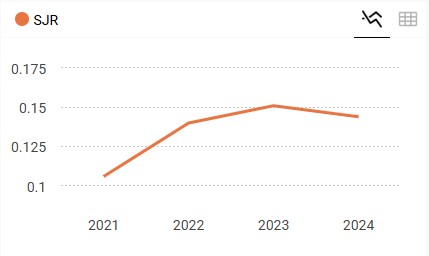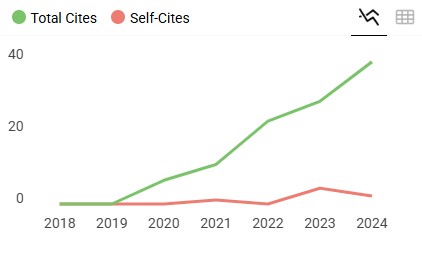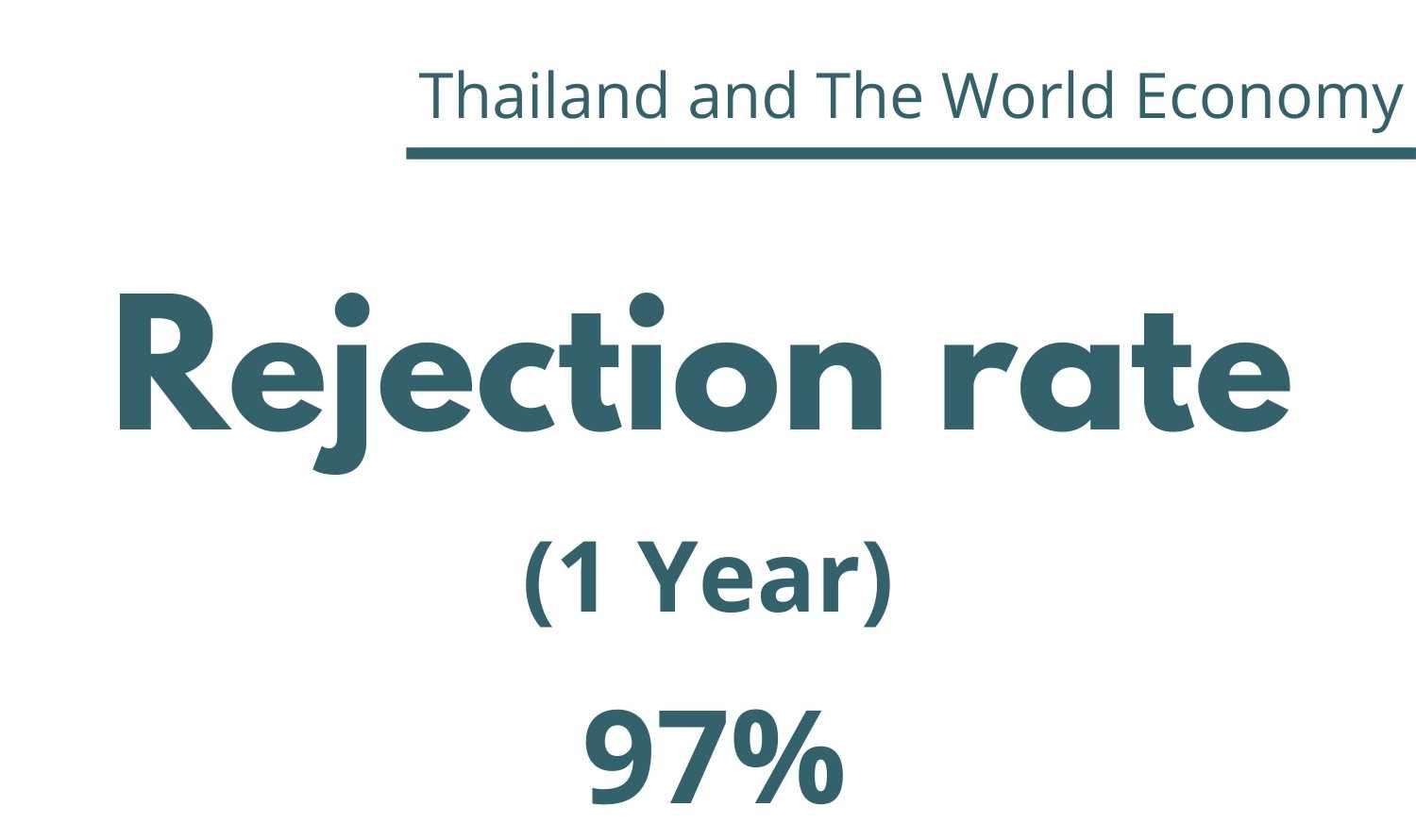A Tax Evasion Game in the New Growth Model
Abstract
This paper models the game-theoretic treatment of tax evasion. This model of tax evasion augments the Barro (1990) growth model resulting in 3 propositions: (1) Under the assumptions of tax authorities’ budget constraint and the social norms of evading tax, tax authorities can obtain the revenue-maximizing equilibrium, providing the honest and effective tax-enforcement. Theoretically, the effect of the evasion rate on growth is null because the tax cheaters earn zero expected payoffs under the mixed strategy Nash equilibrium. (2) the cost of audit has a negative impact on the sufficient provision of the public service. A reduction in the public service can decrease capital productivity, capital accumulation and economic growth. (3) the fine rate has a positive impact on the sufficient provision of the public service. An increase in the public service can increase capital productivity, capital accumulation and economic growth.
References
2. จำรัส แหยมสร้อยทอง (2530 ) การป้องกันการหลีกเลี่ยงการหนีภาษีเงินได้นิติบุคคลของ บรรษัทข้ามชาติโดยวิธีการตั้งราคาโอน, วิทยานิพนธ์นิติศาสตร์มหาบัณฑิต. คณะนิติศาสตร์, มหาวิทยาลัยธรรมศาสตร์.
3. ชัยสิทธิ์ตราชูธรรม (2548) การวางแผนภาษีอากร, พิมพ์ครั้งที่ 2 (กรุงเทพฯ: สถาบัน T. Training Center).
4. ธีระพงษ์ วิกิตเศรษฐ (2546) จุลเศรษฐศาสตร์: ทฤษฎีและการประยุกต์, พิมพ์ครั้งที่ 3 (กรุงเทพฯ: โรงพิมพ์แห่งจุฬาลงกรณ์มหาวิทยาลัย).
5. สุพัตรา อนันตพงศ์ (2538) ปัญหาการหลบหลีกและการหนีภาษีของบริษัทข้ามชาติ, วิทยานิพนธ์นิติศาสตร์มหาบัณฑิต. บัณฑิตวิทยาลัย, มหาวิทยาลัยรามคำแหง.
6. Arana, V. (2004) Economic growth and the household optimal income tax evasion, Archivos De Economia with number 002401. Departamento Nacional De Planeacion.
7. Baldani, J., J. Bradfield and R. Turner (1996) Mathematical Economics (New York: The Dryden Press).
8. Barro, R.J. (1990) Government spending in a simple model of endogenous growth, Journal of Political Economy, 98 (5), Part II, pp. S103-S125.
9. Caballe, J. & Panades, J. (2000) Tax evasion and growth, Public Finance, 52, pp. 318-340.
10. Chen, B.L. (2003) Tax evasion in a model of economic growth, Review of Economic Dynamics, 6, pp. 381-403.
11. Cobham, A. (2005). Tax evasion, tax avoidance and development finance. Paper presented at the International Policy Dialogue: New Sources of Development Financing, Frankfurt/Main, 24 August.
12. D’Amuri, F. & Fiorio, C. (2004) Work income tax evasion in Italy: Analysis of redistributive effects. Paper presented at the SIEP XVI Conference, Universita di Pavia, 7-8 October.
13. Dunbar, G.R. & Fu, C. (2008) Income illusion: Tax evasion in Canada, Working Paper. Department of Economics, Simon Fraser University, Burnaby.
14. Eichhorn, C. (2004) Tax evasion and economic growth-a neutrality result, Working Paper. University of Munich.
15. Freire-Seren, M.J. & Panades, J. (2005) Tax evasion and inequality: Does tax evasion modify the redistributive effect of tax progressivity? Research Project. The Ramon Areces Foundation, Barcelona.
16. Hillman, A.L. (2003) Public Finance and Public Policy: Responsibilities and Limitations of Government (New York: Cambridge University Press).
17. Ilyas, M. & Siddiqi, M.W. (2010) The impact of revenue gap on economic growth: A case study of Pakistan, International Journal of Business and Economic Sciences, 2(4), pp. 260-265.
18. Kreko, J. & Kiss, G.P. (2008) Tax evasion and tax changes in Hungary, MNB Bulletin, April, pp. 24-34.
19. Matsaganis et al. (2007) Distributional implications of income tax evasion in Greece, Hungary and Italy. Paper presented at the Conference, Vienna, September.
20. Matsaganis, M. & Flevotomou, M. (2010). Distributional implications of tax evasion in Greece, SE Paper no. 31, Hellenic Observatory Papers on Greece and Southeast Europe.
21. Mironov, M. (2010) Tax evasion and growth: Evidence from Russia, Ph.D. Dissertation. IE Business School, Madrid.
22. Sookram, S. & Watson, P.K. (2005) Tax evasion, growth and the hidden economy in Trinidad and Tobago, Working Paper. Sir Arthur Lewis Institute of Social and Economic Studies, University of the West Indies, St. Augustine.
23. Wrede, M. (1995) Tax evasion and growth, Finnish Economic Papers, 8(2), pp. 82-90.










